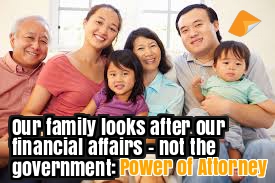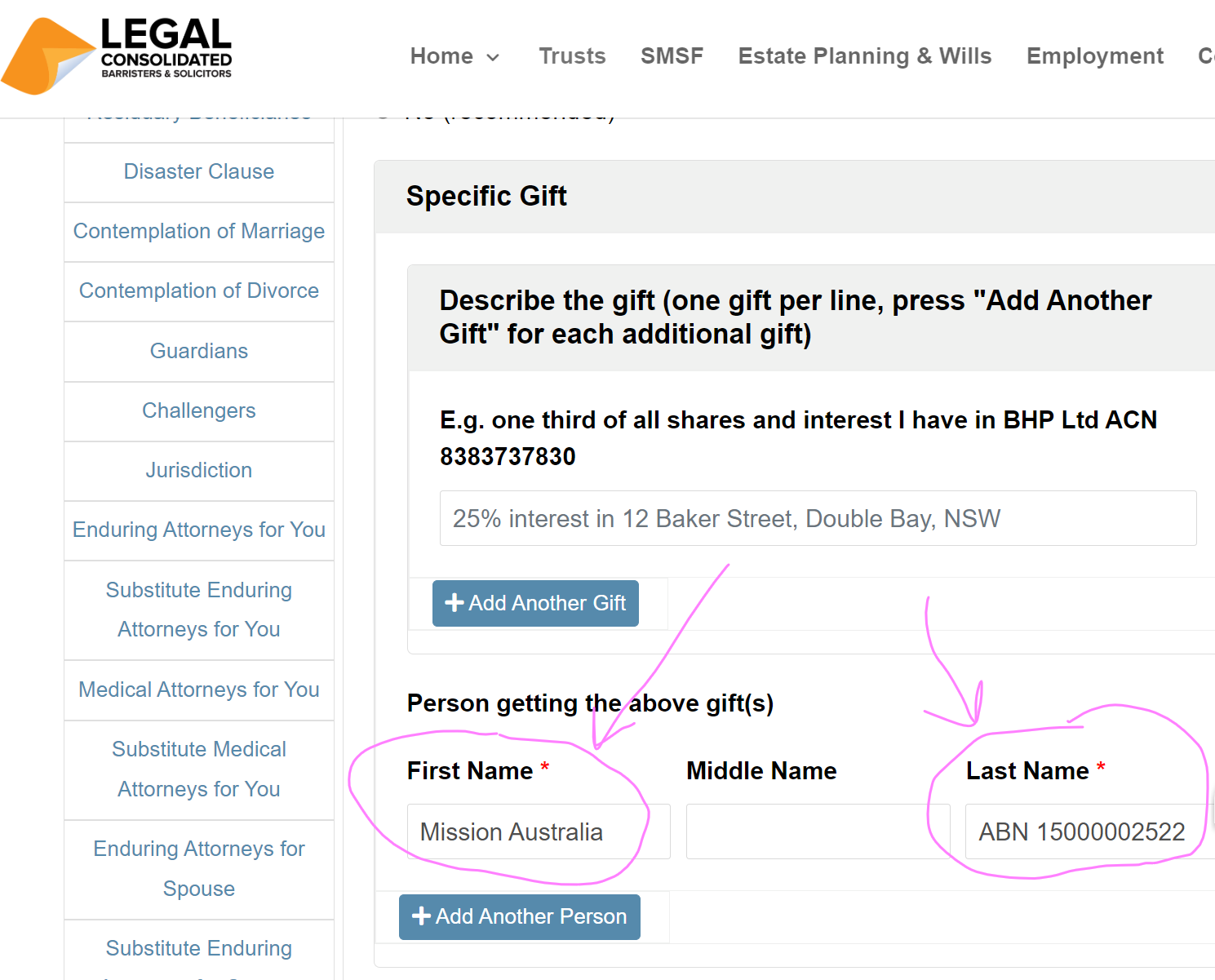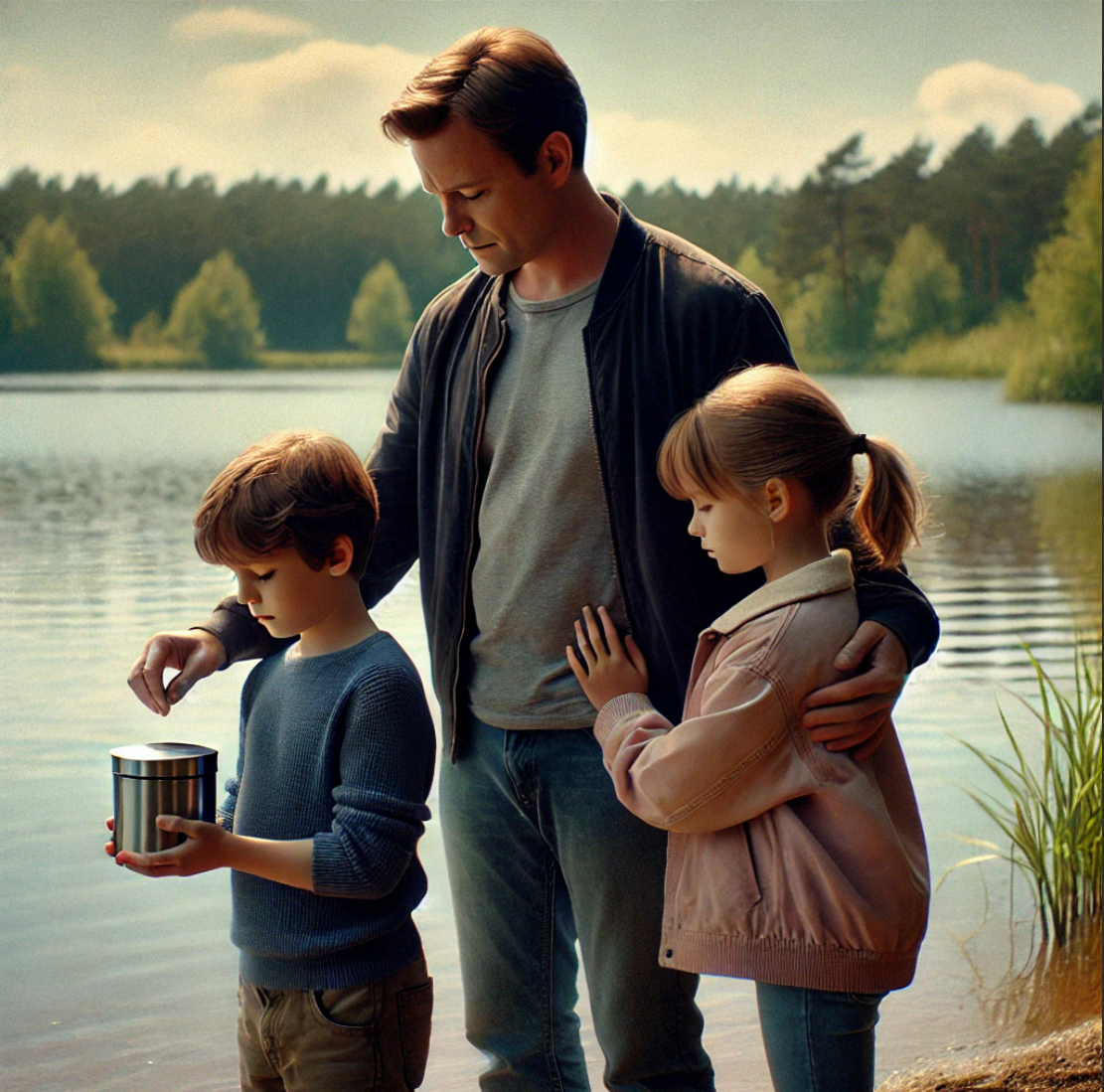1. Couples Testamentary Trust Bundle (press the green START FOR FREE button to start building)
This online bundle is for a couple; it includes six documents:
1. Two tax-effective 3-Generation Testamentary Trust Mirror Wills;
2. Two Enduring Powers of Attorney; and
3. Two Medical POAs.
Each of the six documents comes with a cover letter on how to sign each document. Select the blue button above to start building the couple’s Estate Planning bundle online.
or
2. Singles Testamentary Trust Bundle
Single? Then, instead of building online, the single-person bundle. It includes:
1. a tax-effective (3-Generation Testamentary Trust) Single Will;
2. a Power of Attorney; and
3. a Medical POA.
1. Tax-effective Wills with 3-Generation Testamentary Trust Wills
The two Tax-Effective Mutual Wills both contain a 3-Generation Testamentary Trust. First, you leave everything to each other. After you both die, you leave everything to the same beneficiaries.
And to the tax man, I leave…
Every year, Australian taxpayers voluntarily pay the government millions of dollars in ‘death taxes’. The four de facto death duties are:
- Capital Gains Tax
- Stamp Duty
- Income tax
- 32% tax in non-dependency Superannuation tax
Are you going to be one of them? Proper Estate Planning ensures that your estate goes to those you care about. Not the Tax Man.
3-Generation Testamentary Trusts
Professor Brett Davies started providing Testamentary Trust Wills in 1994. In 1997, he invented the 3-Generation Testamentary Trust. The 3-Generation Testamentary Trusts’ additional advantages include:
- tax flexibility
- generally, pay no tax on the estate income after your death
- works for three generations: spouse, children and grandchildren
- discretionary in nature: a beneficiary can choose not to set up any trusts
- wound up when no longer required
- each beneficiary gets their own 3-Generation Testamentary Trust
- the children can divide up the class of assets differently. Say you have $2m in shares, $2m in property and $2m in cash. One of your children can take all of the shares. The other property. The remaining child takes the cash.
32% Tax on Super going to adult children
After you die, your adult children pay 17% or 32% on your Superannuation. That is a non-dependency tax. It is on your concessional superannuation. Our Super Testamentary Trust, which you get in your Will, seeks to reduce this death tax to zero.
Divorcing children
The Divorce Protection Trust delays and prevents any capital or income from going to a beneficiary who is involved in divorce or separation proceedings. It reduces the Family Court’s opportunity to access your money.
The Divorce Protection Trust remains dormant in the Will until it is needed. The Divorce Protection Trust activates for the benefit of the married person and that person’s children and grandchildren. It removes that person’s power to control the trust while they are suffering the separation.
The Divorce Protection Trust benefits the current and succeeding generations. This helps protect the assets from the Family Court.
The trusts in your Will include:
- 3-Generation Testamentary Trusts – reduces CGT & stamp duty
- Superannuation Testamentary Trust – reduces the 17% or 32% tax on Super going to adult children
- Bankruptcy Trusts – if a beneficiary is bankrupt
- Divorce Protection Trust – if a child separates, it stops the Family Court from taking your money
- Maintenance Trust – if a beneficiary is under 18 or vulnerable
2. Enduring Power of Attorney
The second group of documents you are building are enduring POAs. An Enduring Power of Attorney (POA) is a legal document. It allows you to appoint a person to make decisions about your assets. The POA deals with your assets, e.g. real estate and bank accounts. A POA stops the government from meddling in your affairs.
3. Medical Power of Attorney
While your Enduring POA looks after money, property and wealth, your Medical/Lifestyle POA deals with your body. Who looks after you when you cannot? The government, retirement home or doctors? Should they control your body? Do you trust your family more? If so, make a Medical POA (Power of Guardianship/Decision Maker).
Wife trapped in a retirement facility?
Our client had a wife. She was trapped in a high-end aged care facility. She had Alzheimer’s Disease. Our client wanted to get her out. The home said he had no right to touch or move a person. Not even a wife. He rang me in tears. I told him to go home and get the Medical Power of Attorney. He got it. The retirement facility saw it. He got his wife out.
Escape a bad hospital
Our client’s wife was in a hospital. The doctors were ‘behaving like Gods, not doctors’. Our client presented the Medical POA. And he moved her to another hospital. There was nothing the doctors could do.
The Medical POA allows you to appoint loved ones. If you lose mental capacity, then they decide your:
- personal lifestyle
- where you live
- medical treatment
But only if you cannot make decisions on your own.

A Medical POA is also called:
- Enduring Power of Guardianship
- Enduring Guardianship
- Medical Decision Maker (Vic)
An enduring guardian makes decisions about:
- where you live, whether permanently or temporarily
- who you will live with
- whether you work
- consent to medical & dental treatment
- protecting life or ‘flicking the switch when in a vegetative state’
Protects against death duties, divorce, and bankruptcy of children, and a 32% tax on superannuation. Build online with free lifetime updates:
Couples Bundle
includes 3-Generation Testamentary Trust Wills and 4 POAs
Singles Bundle
includes 3-Generation Testamentary Trust Will and 2 POAs
Death Taxes
- Australia’s four death duties
- 32% tax on superannuation to children
- Selling a dead person’s home tax-free
- HECs debt at death
- CGT on dead wife’s wedding ring
- Extra tax on Charities
Vulnerable children and spendthrifts
- Your Will includes:
- Divorce Protection Trust if children divorce
- Bankruptcy Trusts
- Special Disability Trust (free vulnerable children in Wills Training Video)

- Guardians for under-18-year-old children
- Considered person clause to stop Will challenges
Second Marriages & Challenging Will
- Contractual Will Agreement for second marriages
- Wills for blended families
- Do Marriages and Divorce revoke my Will?
- Can my lover challenge my Will?
- Make my Will fair: hotchpot clauses v Equalisation?
What if I:
- have assets or beneficiaries overseas?

- lack mental capacity to sign my Will?
- sign my Will in hospital or isolating?
- lose my Will or my home burns down?
- have addresses changed in my Will?
- have nicknames and alias names?
- want free storage of my Wills and POAs?
- put Specific Gifts in Wills
- build my parent’s Wills?
- leave money to my pets?
- want my adviser or accountant to build the Will for me?
Assets not in your Will
- Joint tenancy assets and the family home
- Loans to children, parents or company
- Gifts and forgiving a debt before you die
- Who controls my Company at death?
- Family Trusts:
- Changing control with Backup Appointors
- losing Centrelink and winding up the Family Trust
- Does my Family Trust go in my Will?
Power of Attorney
 Money POAs: NSW, VIC, QLD, WA, SA, TAS, ACT & NT
Money POAs: NSW, VIC, QLD, WA, SA, TAS, ACT & NT
- be used to steal my money?
- act as trustee of my trust?
- change my Superannuation binding nomination?
- be witnessed by my financial planner witness?
- be signed if I lack mental capacity?
- Medical, Lifestyle, Guardianships, and Care Directives:
- Company POA when directors go missing, insane or die
After death
- Free Wish List to be kept with your Will
- Burial arrangements
- How to amend a Testamentary Trust after you die
- What happens to mortgages when I die?
- Family Court looks at dead Dad’s Will

